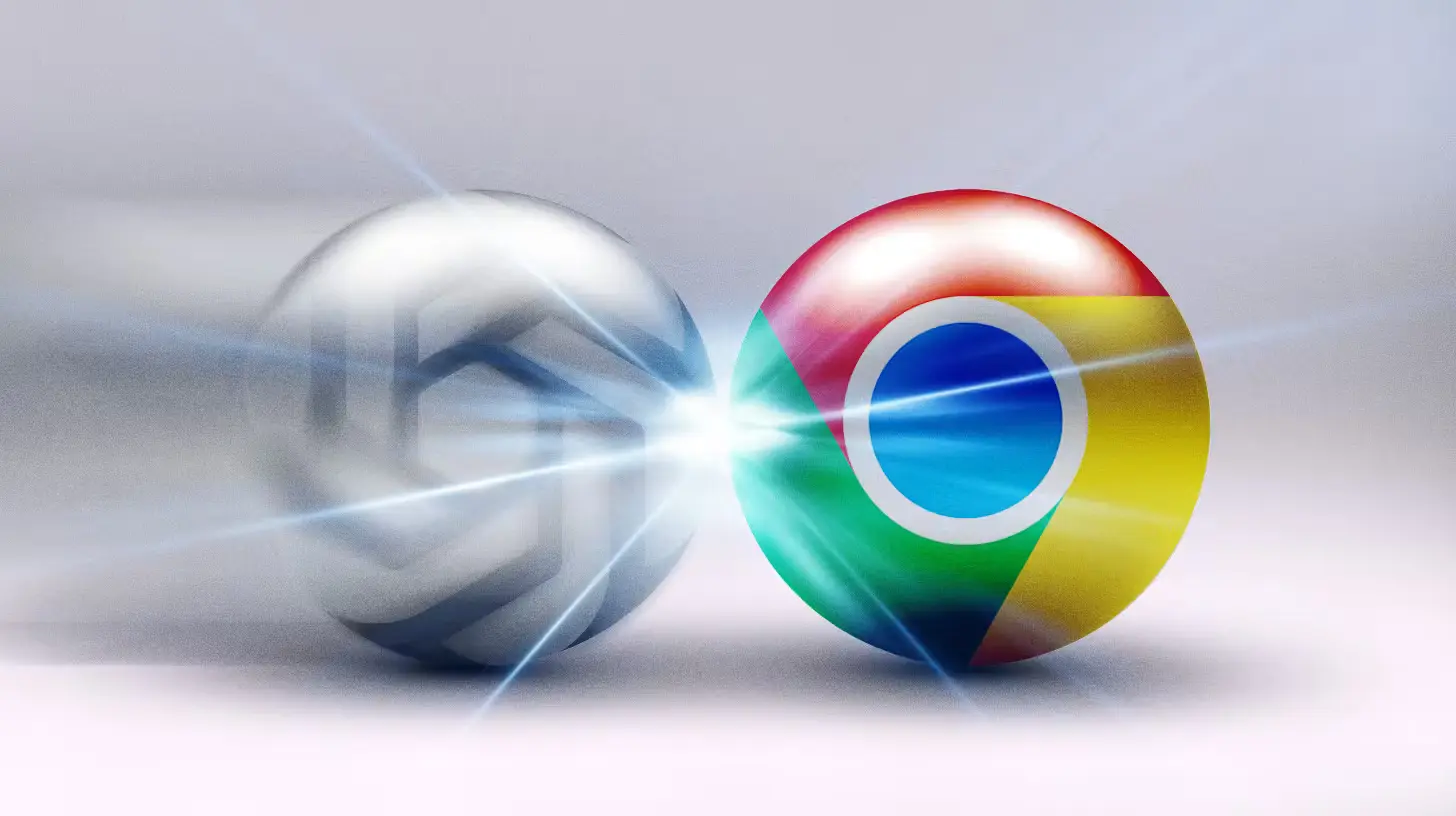Reports circulating in Pakistani media suggest that the government is considering the discontinuation of net metering to replace it with gross metering policy for solar panel users.
According to media reports, Pakistan has also informed the International Monetary Fund (IMF) in this regard.
Energy Minister’s Statement
However, Federal Minister for Energy Awais Ahmad Khan Leghari has clarified that the government had no plans to end the policy of solar net-metering.
Despite the minister’s clarification, lots of people are confused regarding the difference between net metering and gross metering. Here, we will explain it.
What is Net Metering?
As for net metering, this policy was introduced in 2017. Under it, consumers generating their own electricity from solar systems can send excess electricity back to the respective electricity supply company and recover costs.
It is pertinent to mention that net metering requires the consumer to possess a bidirectional meter.
License from NEPRA
After installing the solar system, the consumer submits a net metering application to the Alternative Energy Development Board, a subsidiary of NEPRA. Following the installation of net metering, NEPRA issues a license to the consumer, enabling them to sell surplus electricity to the respective electricity company.
Zero Bill
Through this system, solar consumers utilize self-generated electricity and earn profits by selling surplus units of electricity, effectively reducing their bills to a negative balance, eliminating the need for payment.
What is Gross Metering?
Gross metering, on the other hand, is a slightly different process in which solar consumers do not utilize the electricity they generate themselves.
All the electricity generated by the solar panels is exported to the national grid, after which the consumer must import the same electricity back from the grid.
Two Separate Meters
Two different electric meters are also used for gross metering. One meter measures the imported electricity, and the other measures the exported electricity. While in net metering, consumers earn money on additional units without paying the electricity bill, the same is not possible in gross metering.
Monthly Bill
The consumer sells the electricity generated by their solar panels to the government at a lower rate and purchases electricity from the government at a higher rate to meet their needs. This process is reflected in their electricity bill.
Although, the electricity bill is reduced, but consumers cannot use free electricity as in net metering.
Difference Between Net Metering and Gross Metering
In net metering, consumers use the electricity they generate and earn money by selling excess electricity without paying the bill. In gross metering, solar consumers sell the electricity they generate to the government at cheap rates, buy electricity at the government unit rate, and also pay bills. However, gross metering customers pay lower electricity bills than those without solar panels.














